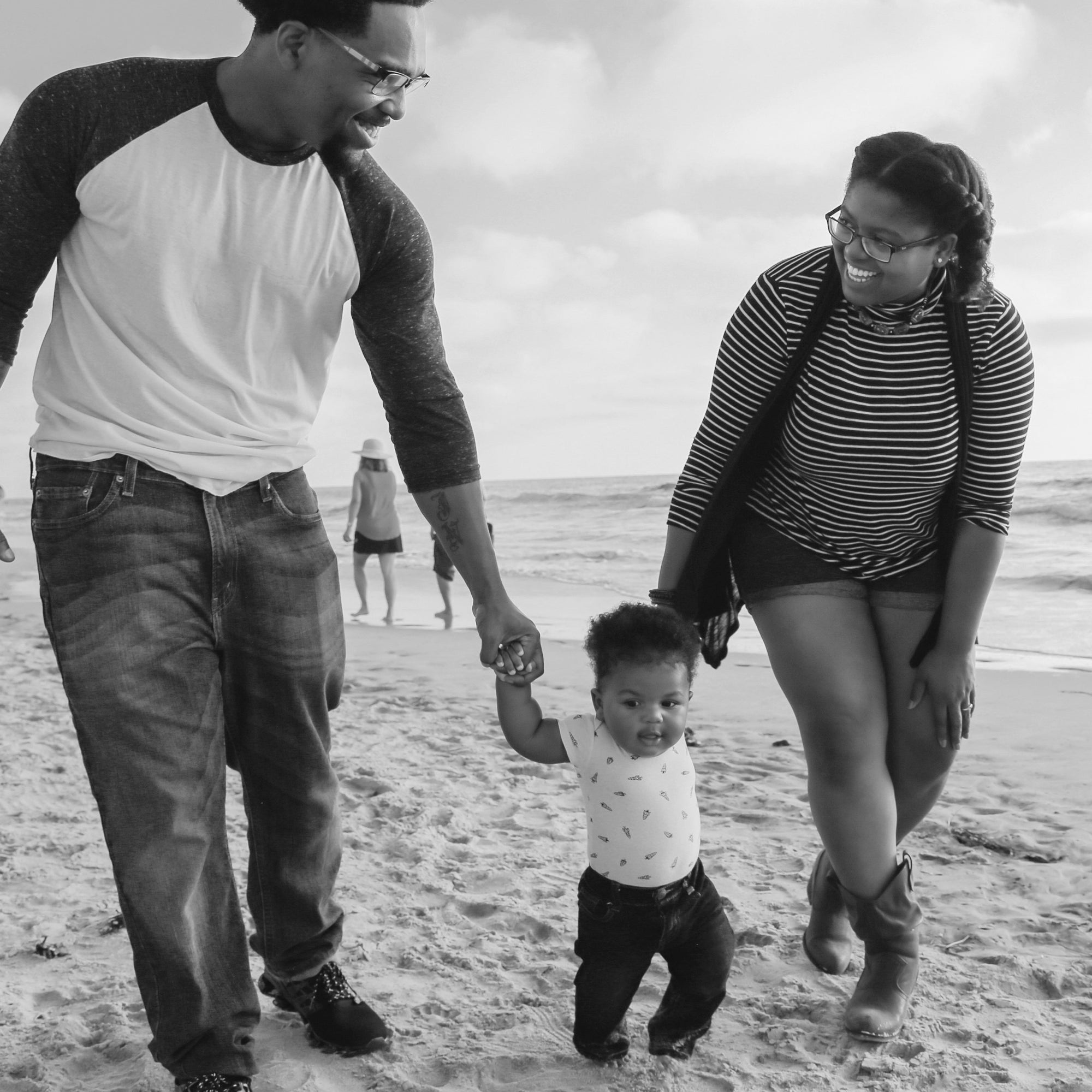Breast is definitely good, but best?
•Posted on April 26 2025

Things are often more complicated than we think or believe. I am not in any way shape or form a medical professional, so please know this is not medical advice or opinion, it is but one piece of information which I had not heard.
I often find myself in heartfelt conversations with new moms who are struggling with breastfeeding. There are often tears — a mix of sorrow, disappointment, and deep concern for their baby’s health and wellbeing. These conversations are nothing new to me; I had them 28 years ago, and I had another one just last week.
Recently, I read a book — for one of my other careers — that unexpectedly struck a chord. It had nothing to do with parenting, yet it contained a piece of information that stopped me in my tracks. It wasn’t shocking, exactly, but it shocked me that I’d never heard it before. So I started digging… and didn’t have to dig very far.
The book and the NIH’s “Breastfeeding and Childhood Health and Wellbeing: Current Evidence”, to put it very simply, point out that the long-standing “breast is best” narrative isn’t the full picture. What truly matters is feeding the baby, and even more significantly, the wellbeing of both mother and child is deeply influenced by whether or not they’re facing socioeconomic disadvantage. (My beloved sociology professor, the late Regina Arnold, would not be even a little surprised.)
Here’s what I hope everyone reading this can take to heart: Parents are doing the best they can with the resources they have. We all make mistakes. We all have room to grow. But shame — whether it’s internal or coming from others — helps no one. It never has.
Just the other day, I gently reminded a newly pregnant mom who said she “shouldn’t look pregnant yet” that “should” is one word all parents could benefit from dropping from our vocabularies. It's not easy, but it's absolutely worth the effort.
There are about a trillion podcasts, blog posts, and social media takes on parenting — covering everything from preconception to parenting adult children. If you try to absorb it all, you’ll be exhausted before the baby even arrives. And a month in? You’ll be even more tired — because newborns are notorious for waking up often (aka, making sure they stay alive by demanding to be fed, constantly).
So whether it’s breast, formula, bottle — from mom, dad, donor, or any loving caregiver — what if we just love and keep learning?



Comments
0 Comments
Leave a Comment